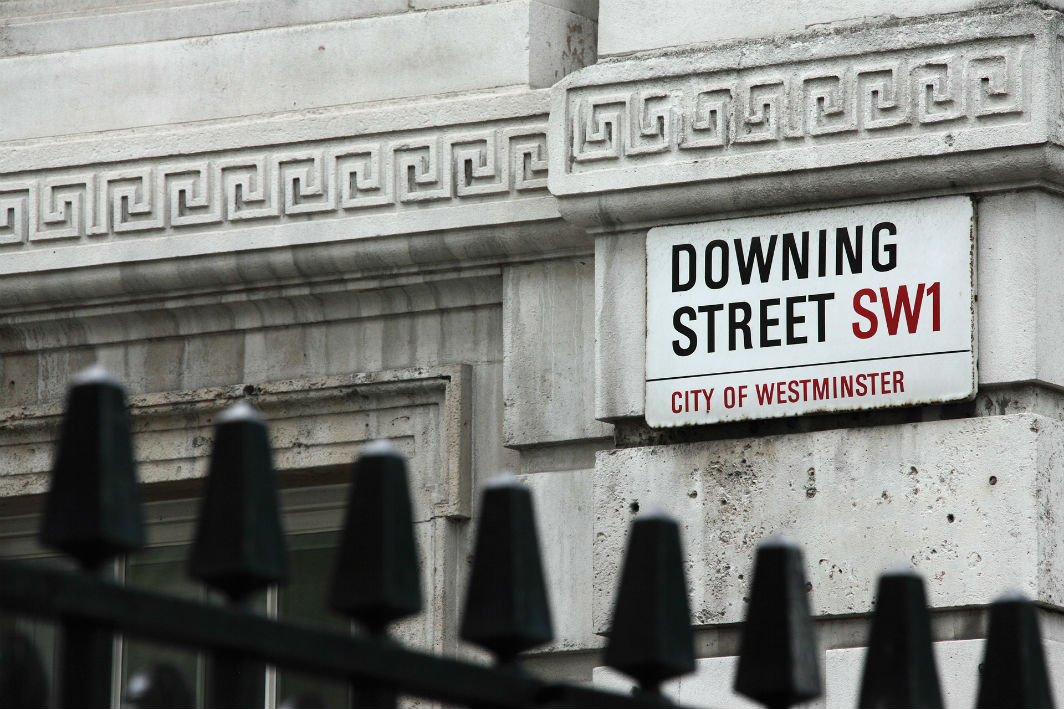Environment Bill: what business needs to know
The Government is calling it a landmark Bill to tackle the biggest environmental priorities of our time. But what’s really in the paperwork? Let the Hub do the hard work and explain…
Fundamentally, the Bill proposes a post-Brexit system of environmental governance to oversee powers and regulations in key environmental law areas. It is coming at this time because the government seeks to leave the EU by the end of October, and doing so without any protection or replacement of existing environmental laws is undesirable.
EDIE outlines the key following proposed elements within the Bill, which might affect UK business:
- Local powers to tackle air pollution, particularly, mandating manufacturers to recall vehicles when they do not meet the relevant environmental standards.
- Biodiversity net-gain: this would impact businesses in construction and new housing. New planning law will also affect how firms act.
- Waste management: new powers would ensure businesses take responsibility for the waste they create, introducing a consistent approach to recycling, tackling waste crime, introducing bottle deposit return schemes and more effective litter enforcement. Powers to introduce new charges to minimise the use and impacts of single-use plastics will appear.
- A new watchdog called the Office for Environmental Protection (OEP) would be created. Crucially, the draft bill confirms that the OEP would have the power to take businesses, public bodies and the government to court over any breaches of UK environmental law, but concerns exist over its true strength or independence.
- Crucially for Hub readers, the net zero carbon emissions target for 2050 remains: this would enshrine major green policy actions towards a lower carbon future. This is the overarching driver for all low carbon UK business.
More on the Bill
The government paper promises an economically responsible environmental policy framework that will provide clear, long-term certainty for business and others.
Running to 244 pages, it covers environmental targets, monitoring, a new enforcement office, rules on air, water, waste, land and biodiversity, net zero plus chemicals.
Legislation to reach net zero carbon emissions by 2050 and hosting the climate-focussed COP26 in 2020 will, it is promised, keep the UK at the forefront of international work on these issues.
All in all, it seeks to engage and empower citizens, local government and businesses to deliver environmental outcomes and create a positive legacy for future generations.
Overarching principles in the Bill
- environmental protection should be integrated into policy-making principle;
- the preventative action to avert environmental damage principle;
- the precautionary principle;
- environmental damage should as a priority be rectified at source principle; and
- the polluter pays principle.
The Bill also promises a series of principled measures that will fundamentally change the way government, businesses and individuals produce and consume products.
The caveat
Commentators have spotted major flaws in the Bill; in certain circumstances it can’t fine the government for failing to meet green law it creates. Further, the actual rules within the Bill needn’t actually be set until 31 October 2022 and the government will then have 15 years before anything could legally be done about potential failings.
Given this Bill isn’t yet law, and the Conservatives are acting without a majority in Parliament, it’s tough to see how the potential legislation will make it into law until a both General Election, won by the Conservatives, and Brexit have taken place.
So for now, the Bill is only a set of loose promises. Aspirational they may be, but business will likely want MPs to check on the detail underneath, before this Bill truly reflects tomorrow’s sustainable future.














